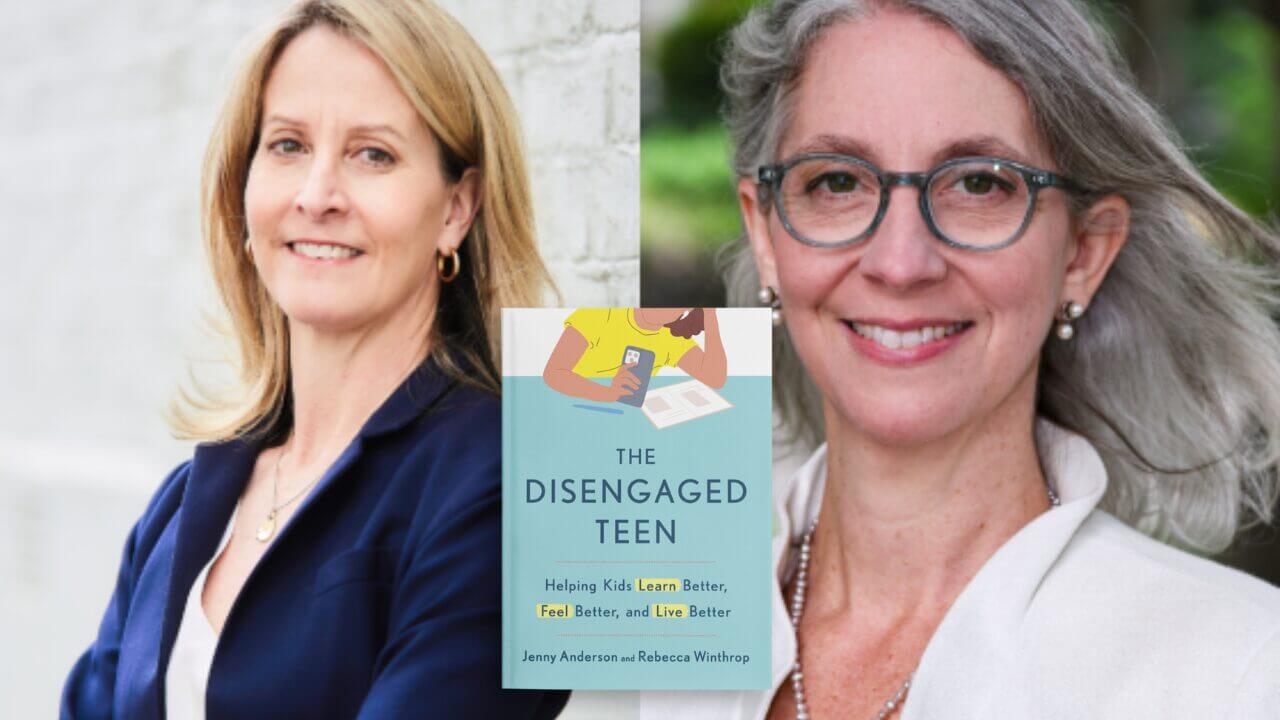On March 3 Learning to Improve, a new book by Anthony S. Bryk, Louis M. Gomez, Alicia Grunow, and Paul G. LeMahieu, will be released.
The book details the ways in which Networked Improvement Communities (NICs), when anchored by six improvement principles, offer a new model for improving our schools. A NIC unites the conceptual and analytic discipline of improvement science with the power of networked scientific communities to innovate and learn together. In embracing improvement science, educators are able to draw upon a well-established set of tools, deep practical experiences, and substantive and content knowledge. Many different kinds of institutions have used these methods to learn fast in order to implement well. In carrying out this activity through networked communities organized to solve a single shared problem, it is possible to accelerate improvements even further and to engage actively many different individuals and institutions in the process. Moreover, this strategy is broadly useful whether the target for improvement is the classroom, school, faculty network, school-community partnership, a whole college, district, or state education system.
Many different kinds of institutions have used these methods to learn fast in order to implement well.
NICs are underpinned by a set of principles (in fact, they are printed on our walls at the Foundation). They are:
- Make the work problem-specific and user-centered
- Focus on variation in performance
- See the system that produces the current outcomes
- We cannot improve at scale what we cannot measure
- Use disciplined inquiry to drive improvement
- Accelerate learning through networked communities
Over the coming weeks, we will be presenting a number of blog posts in which we delve deeper into each of the principles of the book, explore essential tools and themes relevant to each, and present other individuals and organizations who are doing this kind of work. We invite you to join us as we learn together and grow a movement to achieve the changes our students deserve and that we know are possible if pursued in this way.
Order your copy today.
February 18, 2015
The Carnegie Foundation hosted an expert convening to focus on improving Title II by using improvement science tools to deepen our understanding of the problem the act is trying to solve.
March 13, 2015
A look into how Carnegie is using design-based development to support our Networked Improvement Communities and the key design principles to help make the sites successful and useful for the users.







